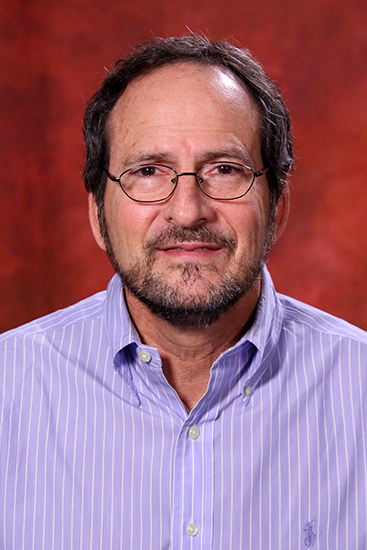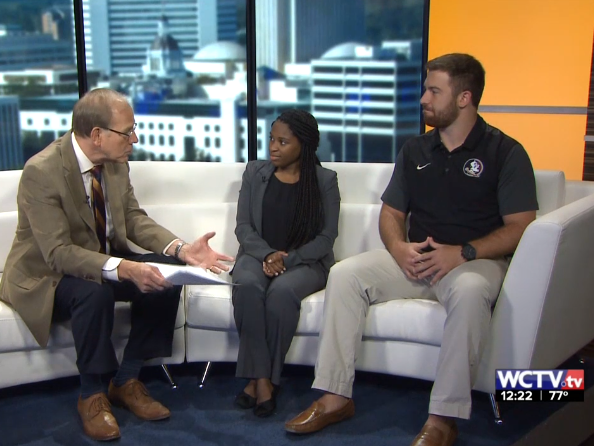CONTACT: Karen Oehme, Institute for Family Violence Studies
(850) 644-1715; koehme@fsu.edu
Lauren Antista, FSU College of Social Work
(850) 645-0017; lantista@fsu.edu
July 2019
FSU LAUNCHES PROFESSIONAL CERTIFICATION IN TRAUMA AND RESILIENCE
TALLAHASSEE, Fla. — Florida State University has launched a new online curriculum for a professional certification in trauma and resilience.
The curriculum was developed by the Clearinghouse on Trauma and Resilience within the Institute for Family Violence Studies at the FSU College of Social Work in conjunction with the FSU Center for Academic and Professional Development.
“This training addresses a gap in the knowledge base of human services professionals,” said Clearinghouse Director Karen Oehme. “Many professionals do not receive training on the impact of how to provide services to someone who is experiencing the harmful effects of trauma.”
The course enables professionals to develop the knowledge and skills they need to understand the impact of adult and childhood trauma, along with the keys to resilience. Participants will learn crucial information to improve service delivery to clients, students, human services recipients, patients and other members of the public.
The self-paced curriculum includes 20 hours of course content and 10 chapters of research-based readings, case scenarios, multimedia materials, assignments and quizzes.
The multidisciplinary course has been approved for continuing education credits for a diverse range of professionals including licensed counselors, social workers, nurses, dentists and lawyers. Participants outside of Florida can submit their certification to their own licensing board to determine credit awarded.
“The course is designed for professionals in a wide variety of fields because individuals in all different environments have exposure to trauma,” Oehme said. “We wanted to provide an economical, evidence-based resource to the public for those who want to enhance their professional knowledge, skills and career potential.”
The curriculum is based on developing an understanding of adverse childhood experiences and the associated long-term negative effects. The training offers a powerful new perspective on trauma-informed approaches to effective service delivery.
“Florida State University recognizes that professionals from all backgrounds have the ability to help individuals build resilience,” said Jim Clark, dean of the College of Social Work. “But first they have to learn about why resilience is so crucial in treating the negative impacts of trauma.”
Clark said that FSU realized the need for such a course as it was developing the Student Resilience Project.
“Our community partners have told us time and time again that they need research-informed resources,” Clark said. “It was a natural next step for the Clearinghouse on Trauma and Resilience to develop such a course.”
Faculty from across Florida State’s campus participated in the review of the new course.
Mimi Graham at the Center for Prevention & Early Intervention Policy, a leader in trauma-informed education, served as a reviewer, along with 10 other faculty members.
“FSU is a leader in trauma and resilience education for the public,” Graham said. “This course ensures that crucial information is available to our community leaders, so they can make trauma-informed decisions.”
Joedrecka Brown Speights at the College of Medicine said, “It’s important for human services professionals to keep up with the new research on brain development so they remember there is always hope for healing after trauma.”
Chapters in the certification cover the mental and physical effects of trauma, cultural considerations in trauma research, skills for addressing trauma and an interdisciplinary approach to building resilience.
Professionals are required to review all of the course material and pass the chapter quizzes and final exam. When professionals complete the training, they will receive their professional certification from the Center for Academic and Professional Development.
Discounts for the 20-hour course are offered for FSU alumni and veterans. For questions about fees and enrollment, visit learningforlife.fsu.edu, or contact The FSU Center for Academic & Professional Development at learningforlife@fsu.edu or (850) 644-3801.
###


